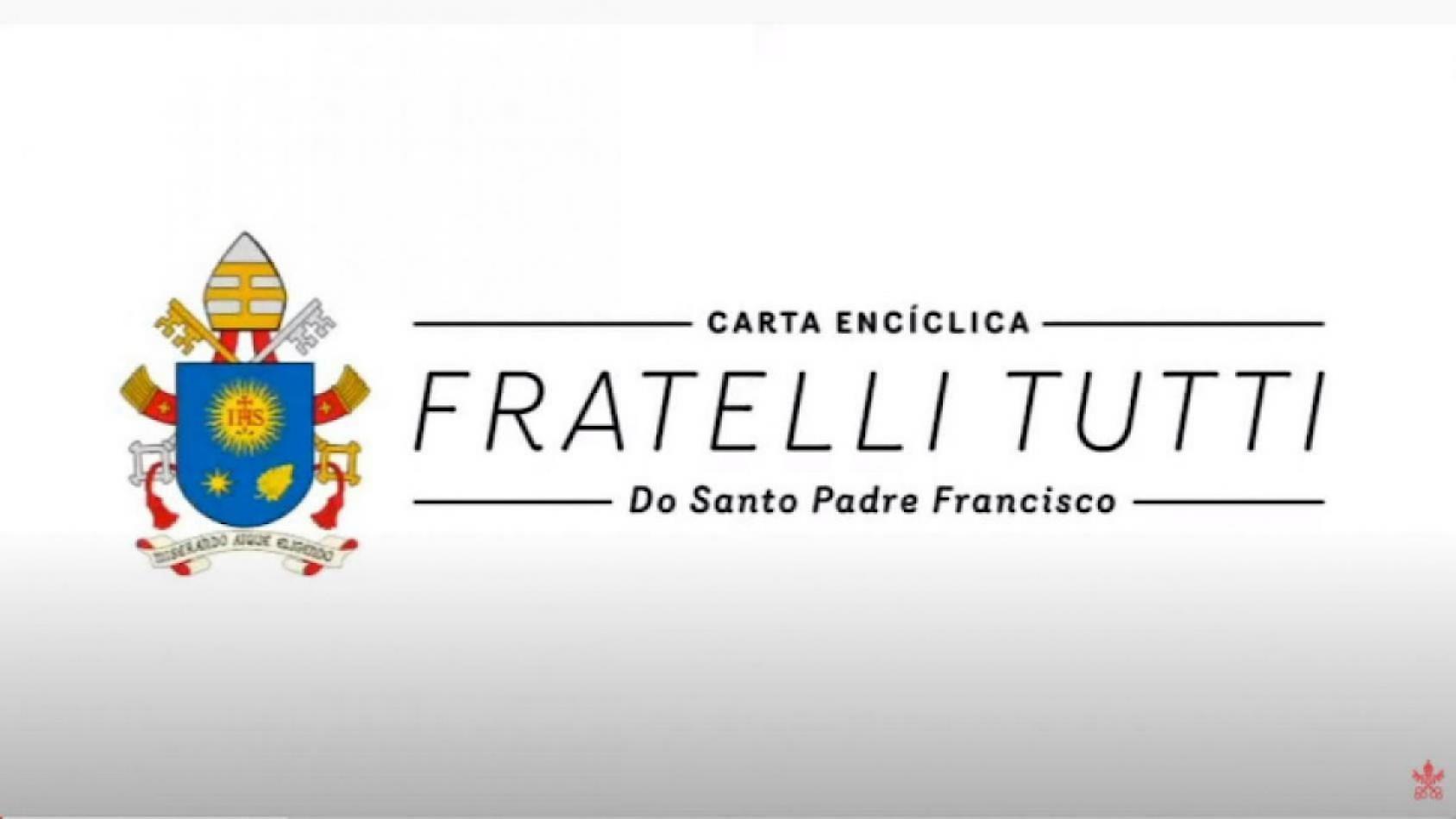Especially in the West, the loss of the sense of transcendence and the reduction of reality to the sole materialistic dimension goes hand in hand with the relegation of religion to the private sphere. But the church cannot and must not remain on the sidelines in building a better world, nor neglect to awaken spiritual forces. It cannot renounce the political dimension of existence, which implies constant attention to the common good and concern for integral human development: a church that goes forth, that serves, accompanies life, sustains hope, builds bridges, breaks down walls, sows reconciliation and is a sign of unity.
All this is based on the fullness of human dignity and fraternity, which has a transcendent source. For us Christians, this source is in the Gospel of Jesus Christ. The objection to all this stems from a historical experience of a connection between religion and violence. However, violence has no basis in fundamental religious convictions, but in their deformations.
Instead, religious leaders are called to be true dialogue makers, to act in peace-building not as intermediaries, but as genuine mediators. Each is called to be n artisan of peace, uniting and not dividing, extinguishing hatred and not preserving it, opening the paths of dialogue and not building new walls. Unity in the church and between churches will be a prophetic and spiritual contribution to the dynamics of encounter in an increasingly globalised world.
[combonimission.net]




